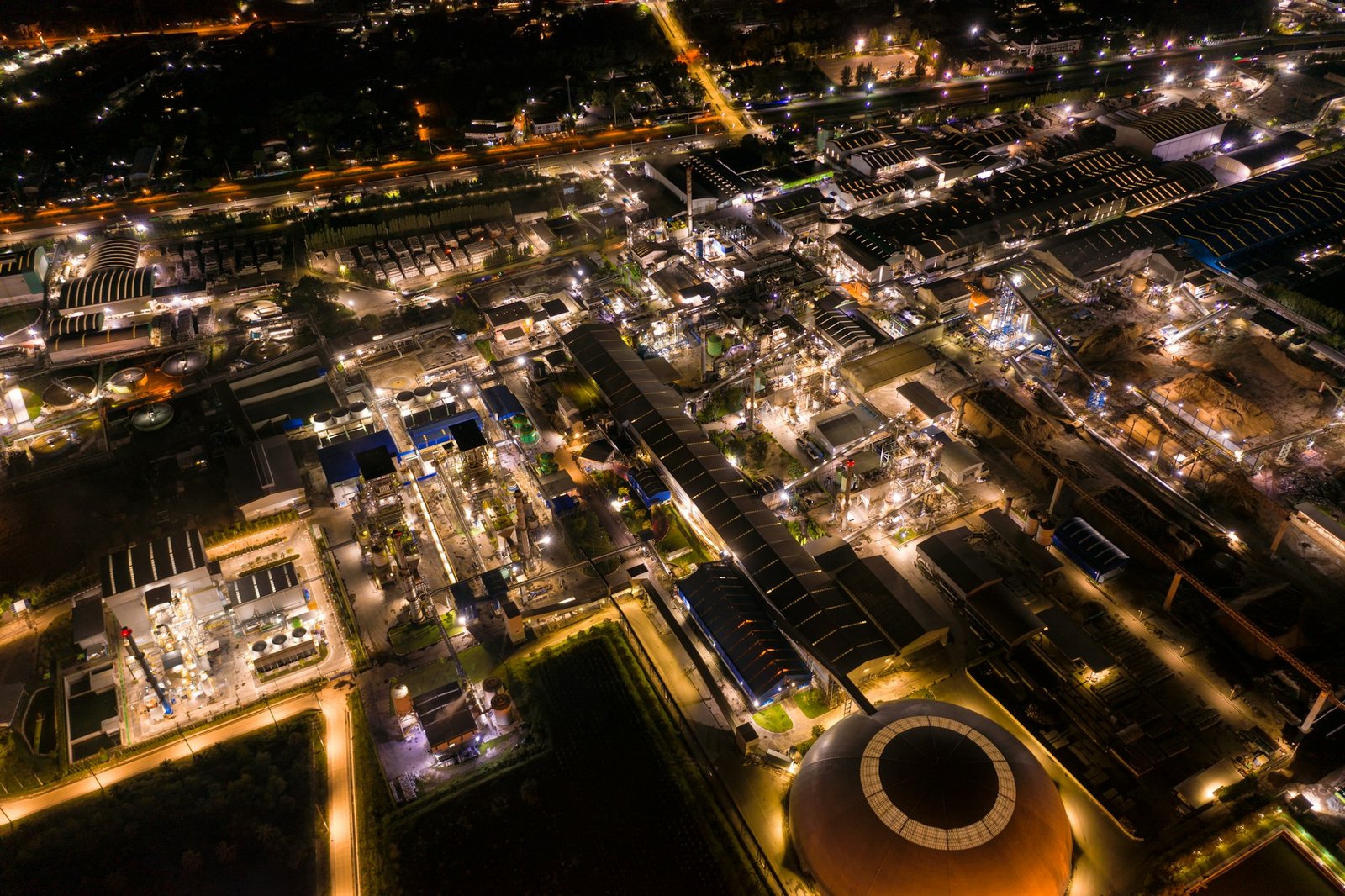In recent years, there has been a growing awareness of the environmental impact of consumerism. As a result, many retailers are adopting eco-conscious practices to reduce their carbon footprint and promote sustainability. From eco-friendly packaging to renewable energy solutions, there are many ways that retailers can incorporate environmental applications into their business practices.
1. Introduction: The Rise of Eco-conscious Consumerism
Consumer demand for sustainable products and practices is on the rise. According to a survey by Nielsen, 73% of global consumers say they would change their consumption habits to reduce their environmental impact. This shift in consumer behavior has prompted retailers to rethink their approach to business and explore new ways to reduce waste and conserve resources.
2. Eco-friendly Packaging
One of the most visible ways that retailers are embracing sustainability is through the use of eco-friendly packaging. Traditional packaging materials such as plastic and styrofoam are not only harmful to the environment but also contribute to pollution and waste. Eco-friendly alternatives such as biodegradable packaging, recycled materials, and compostable packaging offer a more sustainable solution.
2.1 Biodegradable Packaging
Biodegradable packaging is designed to break down naturally over time, reducing the amount of waste that ends up in landfills. Materials such as paper, cardboard, and certain types of plastic can be biodegradable, making them an environmentally friendly choice for retailers.
2.2 Recycled Materials
Using recycled materials is another effective way for retailers to reduce their environmental impact. By repurposing materials such as paper, plastic, and glass, retailers can help conserve natural resources and reduce the energy and emissions associated with manufacturing new materials.
3. Renewable Energy Solutions
In addition to reducing waste, many retailers are also investing in renewable energy solutions to power their operations. Solar panels, wind turbines, and geothermal energy systems are just a few examples of renewable energy technologies that retailers can use to reduce their carbon footprint and promote sustainability.
3.1 Solar Panels
Solar panels convert sunlight into electricity, providing a clean and renewable source of energy for retailers. By installing solar panels on their rooftops or in their parking lots, retailers can reduce their reliance on fossil fuels and lower their energy costs.
3.2 Wind Turbines
Wind turbines harness the power of the wind to generate electricity, providing another renewable energy option for retailers. Wind power is clean, abundant, and sustainable, making it an attractive choice for retailers looking to reduce their environmental impact.
4. Sustainable Supply Chain Practices
In addition to adopting eco-friendly packaging and renewable energy solutions, retailers can also promote sustainability by implementing sustainable supply chain practices. This includes sourcing products from environmentally responsible suppliers, reducing transportation emissions, and minimizing waste throughout the supply chain.
4.1 Ethical Sourcing
Ethical sourcing involves ensuring that products are produced in a way that is socially responsible and environmentally sustainable. This may include using fair trade ingredients, supporting local artisans, and avoiding products that contribute to deforestation or habitat destruction.
4.2 Transportation Efficiency
Reducing transportation emissions is another key component of a sustainable supply chain. Retailers can minimize the environmental impact of their transportation operations by optimizing delivery routes, using fuel-efficient vehicles, and investing in alternative transportation options such as electric or hybrid vehicles.
5. Conclusion: Embracing Sustainability in Retail
By adopting eco-conscious practices such as eco-friendly packaging, renewable energy solutions, and sustainable supply chain practices, retailers can reduce their environmental impact and meet the growing demand for sustainable products. By making sustainability a priority, retailers can not only attract environmentally conscious consumers but also contribute to a more sustainable future for all.
FAQs
Q1: What is eco-conscious consumerism?
A1: Eco-conscious consumerism refers to the practice of making purchasing decisions based on environmental considerations, such as the environmental impact of a product or the sustainability of a brand’s business practices.
Q2: How can retailers incorporate eco-friendly packaging?
A2: Retailers can incorporate eco-friendly packaging by using materials such as biodegradable packaging, recycled materials, and compostable packaging.
Q3: What are renewable energy solutions for retailers?
A3: Renewable energy solutions for retailers include solar panels, wind turbines, and geothermal energy systems, which provide clean and sustainable sources of electricity.
Q4: What are sustainable supply chain practices?
A4: Sustainable supply chain practices involve sourcing products from environmentally responsible suppliers, reducing transportation emissions, and minimizing waste throughout the supply chain.
Q5: Why is eco-conscious consumerism important?
A5: Eco-conscious consumerism is important because it helps reduce the environmental impact of consumerism and promotes sustainability. By making environmentally friendly purchasing decisions, consumers can help protect the planet for future generations.





